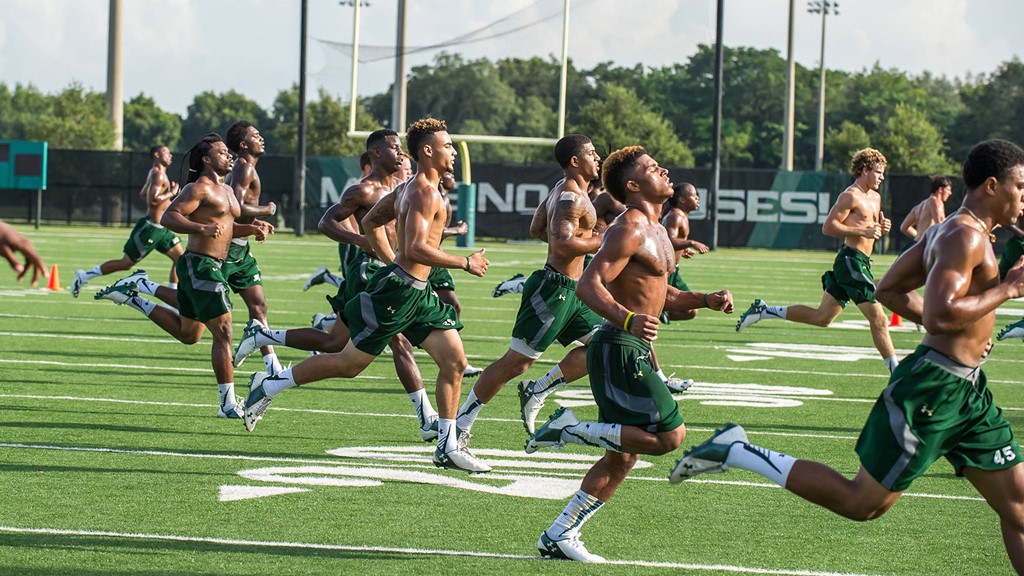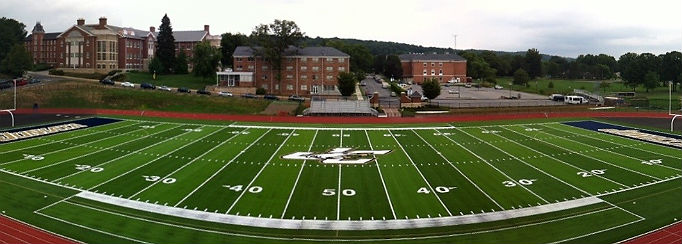Coaches often use social media platforms to state their opinions using definitive statements: “This will always work” or “You should never do this”. As strength and conditioning professionals gain visibility on different platforms, more opinions are scattered around. Three common misconceptions circulated in the industry focus more on the culture that strength and conditioning coaches teach and live by.
The first myth to bust is that rest is for the weak. It is easy to keep the ball rolling in the profession when you have time and energy to do so, but when time and energy are depleted and rest is needed, it should not be at the expense of shame.
By practicing this in our professional and personal lives, we are showing our athletes that rest is not valuable. There are dozens of ways that that is an unhealthy display of conduct, starting with an increased risk of injury and burnout. Strength coaches often complain about being pushed out of the industry at 40; only the greats make it to 50 before changing professions or retiring. The myth that coaches should never take a rest day should not be followed by the excuse of “the nature of the job”, but instead should be marked as one of the top reasons coaches leave the field.
Second, on the list of misbeliefs is that asserting dominance over a team or athlete will elicit a sense of respect. While there are teams that can be led with a more authoritative tone, demanding respect due to a role does not define a leader. Acting as a confident and trustworthy leader gains the respect of both coaches and athletes. Too many coaches abuse their role in pushing athletes hard enough to perform out of fear of failure and mistake their obedience for respect. At the end of the day, if a coach who asserts dominance cannot recount any personal goals or attributes of their athletes, then no respect has been given nor earned.
Lastly, with the progressive nature of the strength and conditioning field, it is easy for coaches to get lost in translation with the amount of technology used to track athlete data. The spreadsheets and dashboards will help drive data-backed decisions and results, but more technology does not always equal elite performance. Coming from some of the top names in the industry, it is important to know what questions you are looking to answer before making tables and databases for coaches and athletes. Tech shouldn't be used in place of coaching best practices. Learn the athlete or team, touch some grass, and figure out how your research can best fit in to make the team better before using the team to make your technology look good.
Although many opinions and misconceptions exist about how certain coaching principles fit into a sports program, real success often comes from a philosophy that aligns with each coach's personal beliefs. While coaching philosophies have long been part of internships and entry-level training, these philosophies must evolve to keep pace with changing times. Dominance is out, caring is in. Rest is the greatest tool for optimal performance, and working harder does not always mean working better.
Subscribe to our blog
Subscribe to receive the latest blog posts to your inbox every week.
Related posts

Performance Coaches Should Condition Athletes With More Precision

Carries, Crawls, and Core: Do These Moves Daily

